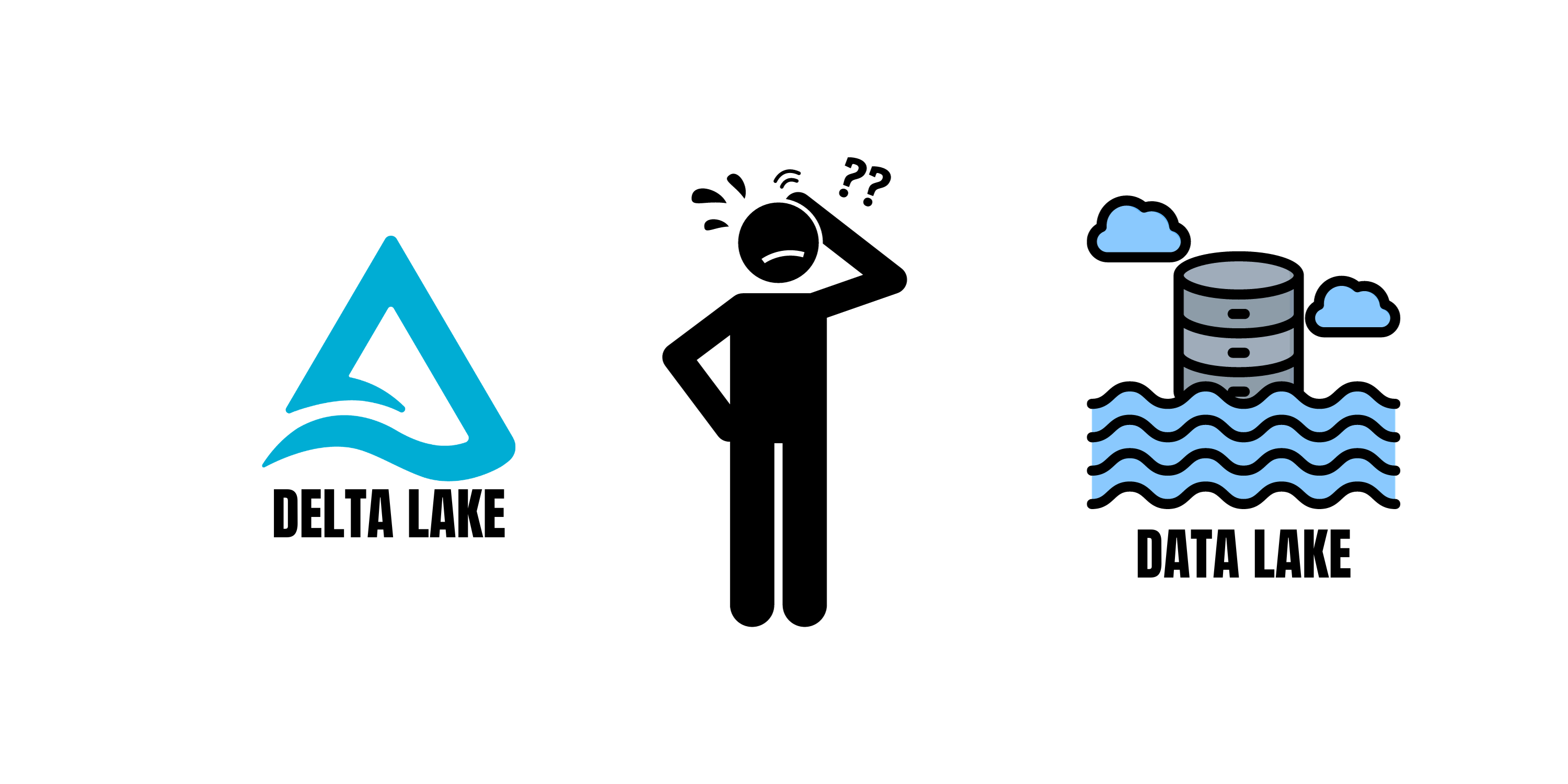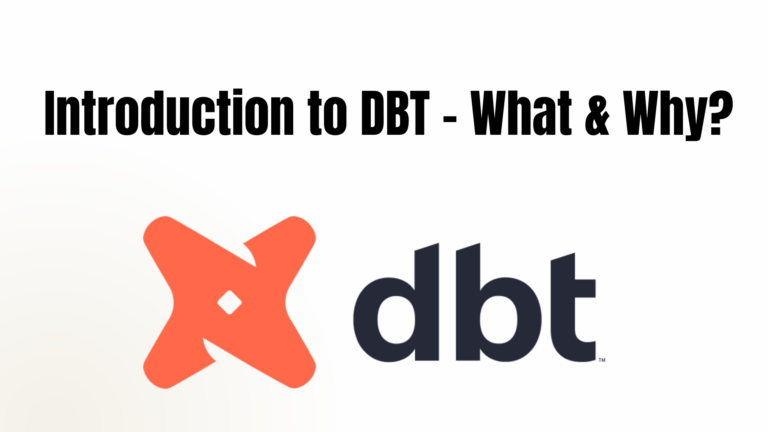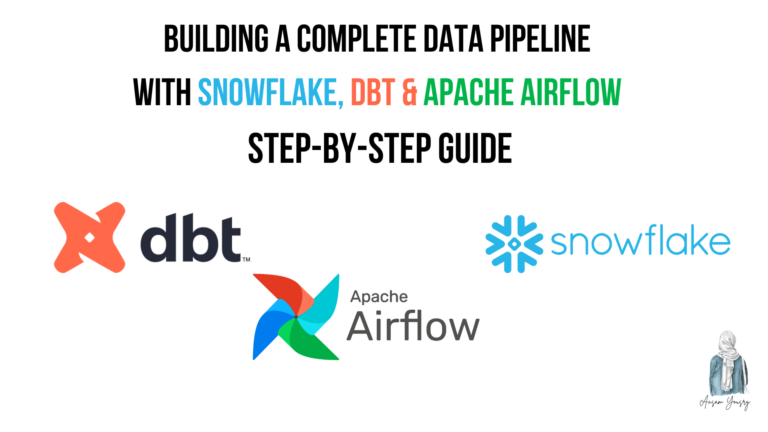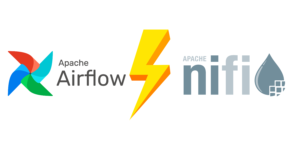Data lakes and Delta lakes, both formidable repositories for vast amounts of data in their raw forms, present distinct features and functionalities. This article embarks on a journey to unravel the key disparities between these two storage paradigms, shedding light on when it’s apt to deploy each.
Data Lakes
Data lakes represent a comprehensive term encompassing storage repositories that house copious amounts of raw data. Sourced from diverse channels like operational systems, sensors, and social media, data lakes find utility in data exploration, analysis, warehousing, and even machine learning.
The hallmark of data lakes is their adaptability. Capable of storing data devoid of a predefined schema, they excel in handling massive volumes of unstructured data. Moreover, they boast cost-effectiveness, eschewing the need for expensive hardware or software.
Examples of Data Lakes:
- Amazon S3: A cloud-based storage service offering scalability and durability for data in various formats.
- HDFS (Hadoop Distributed File System): A distributed storage system designed for fault-tolerant and scalable data storage.
Delta Lakes
Delta lakes emerge as a specific category within the realm of data lakes, introducing advanced features such as ACID transactions, schema enforcement, and lineage tracking. These augmentations render Delta lakes more reliable and manageable than their conventional counterparts, especially in the realm of streaming data applications.
ACID transactions guarantee data consistency even in the face of failures. This is achieved by treating all changes to data as a single unit, ensuring either all changes succeed or none at all. This becomes pivotal for applications reliant on data consistency, such as data warehousing and machine learning.
Schema enforcement ensures data consistency, facilitating easy querying and analysis by storing data in a standardized format. Achieved by defining a schema for the data lake, schema enforcement uses tools to uphold this structure.
Lineage tracking records the history of data creation, processing, and transformation. This valuable information aids in auditing data, troubleshooting issues, and complying with regulations.
Examples of Delta Lakes:
- Apache Delta Lake: An open-source Delta lake leveraging Apache Spark, providing ACID transactions, schema enforcement, and lineage tracking. Compatible with various data sources, including HDFS, Amazon S3, and Azure Blob Storage.
- Databricks Delta Lake: A cloud-based Delta lake built on Apache Spark, offering a scalable and fault-tolerant storage solution for diverse data formats.
Use Cases for Data Lakes and Delta Lakes
Data Lakes
Data lakes prove beneficial for use cases requiring:
- Storing large amounts of unstructured data like text files, images, and videos.
- Handling diverse data sources such as social media, IoT devices, and logs.
- Supporting ad-hoc queries and data exploration.
- Keeping costs low, given their ability to store data in its raw form without schema enforcement or ACID transactions.
Examples of Data Lakes Use Cases:
- Data Warehousing: Central repository for storing data from transactional databases, log files, and social media.
- Big Data Analytics: Storage for large amounts of structured and unstructured data, supporting analytics workloads like machine learning and predictive analytics.
- IoT Data Storage: Repository for IoT device data, including sensor data, log data, and telemetry data.
Delta Lakes
Delta Lakes shine in use cases demanding:
- Storing data in a structured and organized manner, particularly post-processing and transformation.
- Supporting real-time data processing and streaming analytics.
- Ensuring data consistency and accuracy via ACID transactions and schema enforcement.
- Backing complex data transformations and machine learning workloads.
Examples of Delta Lakes Use Cases:
- Real-time Analytics: Storage and processing of real-time data streams, like sensor data, financial data, and website clickstream data.
- Machine Learning: Storage and processing for structured and unstructured data, facilitating machine learning tasks such as model training and testing.
- Data Integration: Integration of data from various sources, including transactional databases, data warehouses, and cloud storage services.
Conclusion
In conclusion, data lakes and Delta lakes emerge as potent tools for data storage and management, each tailored to specific purposes with unique characteristics. Data lakes, with their flexibility, cost-effectiveness, and affinity for unstructured data, find their place in scenarios where adaptability is paramount. On the other hand, Delta lakes, offering structure, real-time capabilities, and data consistency, prove indispensable in use cases demanding a more organized and reliable approach.
By comprehending the distinctions between these two tools, organizations can make informed decisions, aligning their data storage and processing strategies with the demands of their specific use cases. Whether navigating the depths of uncharted data or sailing the structured seas of organized information, choosing the right lake is key to unlocking the full potential of data-driven endeavors.





One thought on “What is the Difference Between a Data Lake and a Delta Lake?”